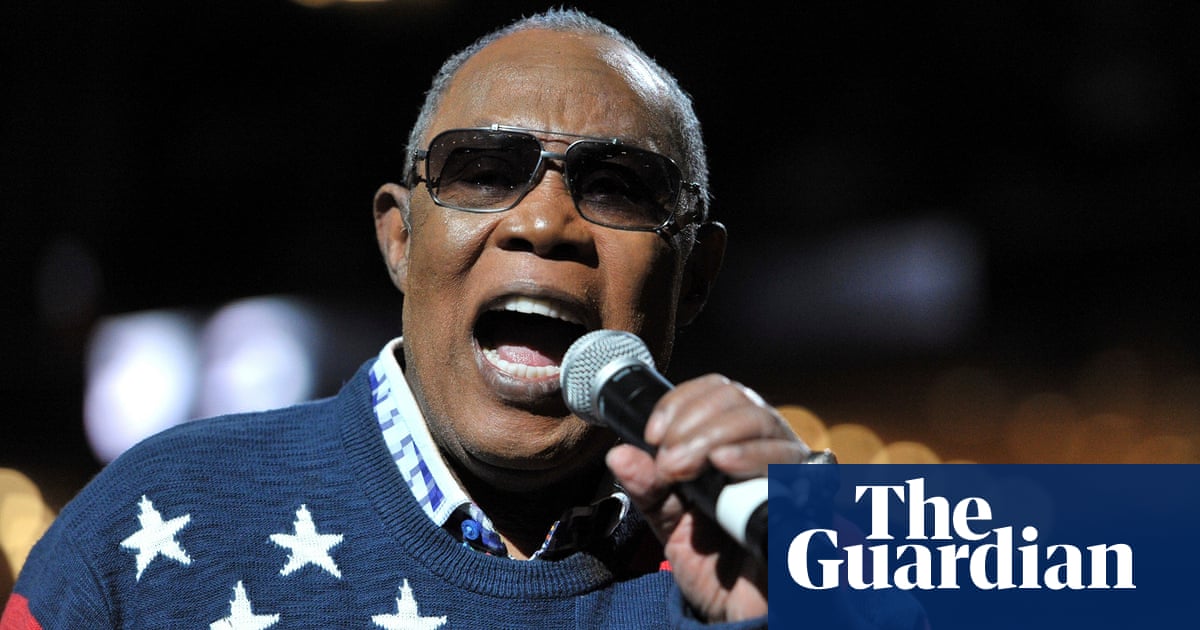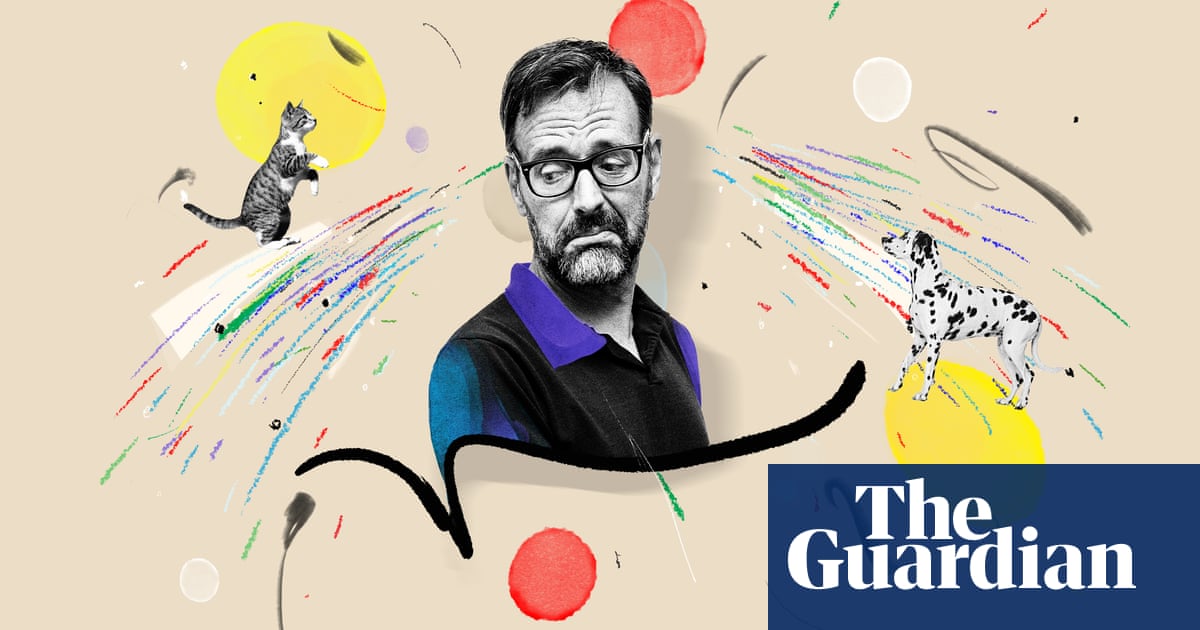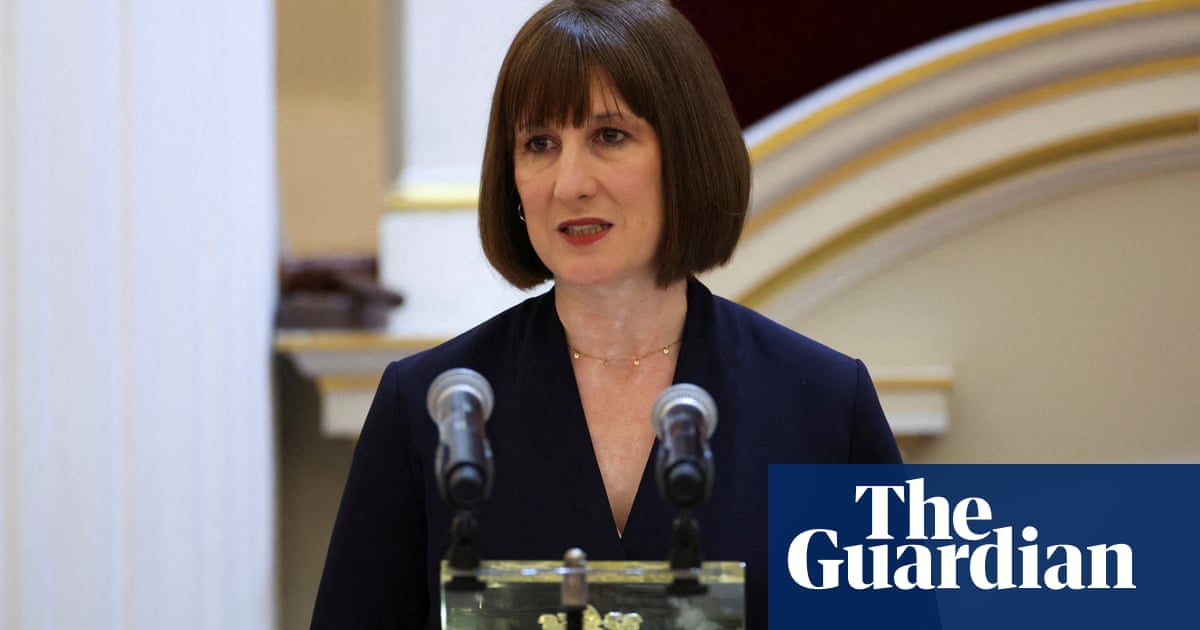Welcome to the Sisterhood – equal parts nunnery, finishing school, psychic gymnasium and political thinktank. Run by wise older ladies decked out in austere black, educating impulsive young women to become the sage leaders of the future, its project is to nurture a heroine who can run the Sisterhood’s home planet, as well as all the neighbouring ones. It might just save humanity.
In 10 millennia’s time, the Sisterhood will become the Bene Gesserit, a band of women with formidable mind-control abilities who feature in Frank Herbert’s 1965 book Dune and its film adaptations: Rebecca Ferguson, Charlotte Rampling and Léa Seydoux played BG members in the Denis Villeneuve movies. Dune: Prophecy – a six-part drama inspired, vaguely controversially, not by Herbert’s own canonical writing, but by a spin-off book co-written by his son Brian in 2012 – provides the Bene Gesserit’s foundation story.
There is backstory to plough through, however, before we can settle into the corridors, libraries and dojos of the Sisterhood. Two generations ago, war raged between sentient machines and humans – in the aftermath, the Sisterhood’s Mother Superior laid down a grave deathbed pronouncement, warning of a reckoning, an awful judgment by a tyrannical power. Only her anointed successor, Valya Harkonnen, could stop it. Now Valya is scheming to take over the Imperium, the region’s government, at a time when its leader, Emperor Corrino, has been weakened by military misadventure. But just as she plans the Sisterhood’s big move, it seems the reckoning might have arrived.
Dune: Prophecy, developed by Alison Schapker and Diane Ademu-John, is dominated by women at every level. As well as the community leaders being female, key characters such as rebel double agent Mikaela (Shalom Brune-Franklin), powerful clairvoyant “truthsayer” Kasha (Jihae) and the emperor’s disruptive old flame Francesca (Tabu) are women as well, something that would have been unthinkable in a show like this had it aired 20 or even 10 years ago, although a gender imbalance the other way round would have gone unnoticed.
But its critique of patriarchy, where the men in charge are drawn to waging war as a way to compensate for personal weakness, is a subtle one – as is any assessment of the dynamics of an all-female hierarchical establishment. At its core, Dune: Prophecy is a fantasy saga much like any other, albeit with a little more thoughtfulness and a lot less machismo.
The drama revolves around the relationship between Valya (Emily Watson) and her sister and second-in-command, Tula (Olivia Williams), siblings with temperaments that jar enough to cause perennial friction, but not enough to split them apart. Valya is the leader, restlessly ambitious, her compassion hidden behind several layers of hard-won realism; Tula is her conscience, lacking her elder sibling’s killer instinct and forever looking to temper it, without necessarily disapproving altogether. Watson and Williams, one steely but soft-centred and the other the opposite, interlock precisely: you relax into the sheer quality of both performances whenever they’re on screen together.

The interplay between Emperor Corrino (Mark Strong), a chest-first army man who insists on being in charge but wavers at key moments, and his cannier wife, Natalya (Jodhi May), who yearns to take over and kick a few people up in the air, is fascinating as well. But are these delicate contrasts enough, particularly when the early episodes have a ton of exposition and world-building to deal with, most of which is done verbally? The early episodes do have some treacherous sex and a few nasty deaths, but even the fatalities are cerebral: the doomed meet their fate by having visions so vivid they prove to be lethal, or – when the killer is in the room with them – by being willed to die by an opponent with stronger mental powers than their own.
With much of the dialogue concerning psychic insights, cryptic prophecies, religious beliefs and political strategies, at times Dune: Prophecy feels like a show where people discuss what has happened and will happen more than they make things happen themselves. It’s slowed further when, having started by briefly introducing the young-adult Tula (Emma Canning) and Valya (Jessica Barden) in an establishing preamble, it skips back to this earlier timeline later on, in scenes that struggle to add anything not already demonstrated by the characters’ older selves.
after newsletter promotion
Dune: Prophecy looks great, with its crisp monochrome styling and its nicely alien architecture, the latter based around the hairpin curves evoked by the franchise’s title font. The world it builds – intense, intellectual, unforgivingly meritocratic and yet tinged with the unpredictable and supernatural – is a template for a bracingly different kind of science fiction. But it has work to do to overcome this tentative start.

.png) 1 month ago
12
1 month ago
12













































